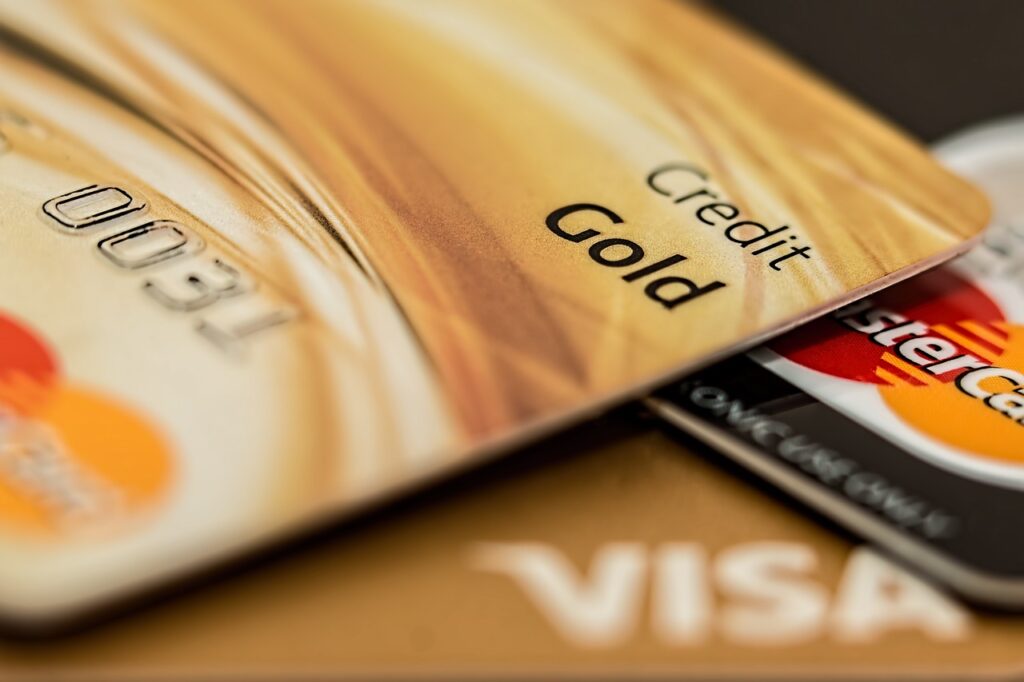banks in Morocco
Morocco is a country located in North Africa, known for its beautiful beaches, bustling markets, and rich cultural heritage. When it comes to banking in Morocco, there are a few key things that visitors and expats should keep in mind.
Firstly, the banking sector in Morocco is well-developed and regulated by the Central Bank of Morocco (Bank Al-Maghrib). The country has a number of large national and international banks, as well as smaller regional and local institutions. Some of the biggest banks in Morocco include Attijariwafa Bank, BMCE Bank, and Societe Generale Maroc.
To open a bank account in Morocco, you will typically need to provide a valid passport, proof of address, and a residency permit (if applicable). It is also important to note that some banks may require you to have a certain minimum deposit in order to open an account.
Moroccan banks offer a range of services, including savings and checking accounts, loans, credit cards, and investment opportunities. Many banks also offer online banking services, making it easy to manage your finances from anywhere in the world.
One thing to keep in mind when banking in Morocco is that the country’s official currency is the Moroccan dirham (MAD). While some businesses in popular tourist areas may accept foreign currency, it is generally recommended to use local currency when making purchases or transactions.
It is also important to be aware of potential scams or fraudulent activity when using ATMs or making online transactions. To avoid these risks, it is recommended to use ATMs located in well-lit and secure areas, and to only make online transactions on secure websites.
In summary, banking in Morocco is generally straightforward and reliable. With a range of services offered by a variety of institutions, visitors and expats should have no trouble finding a bank that meets their needs. However, it is important to be aware of potential risks and to take necessary precautions when making transactions.
here is some additional information about banking in Morocco:
Currency exchange: As mentioned earlier, the official currency in Morocco is the Moroccan dirham (MAD). If you need to exchange foreign currency, you can do so at banks, exchange offices, or some hotels. It is important to note that exchange rates may vary between different institutions, so it is a good idea to compare rates before exchanging money.
Fees and charges:
Like banks in other countries, Moroccan banks may charge fees for certain services, such as ATM withdrawals, wire transfers, and account maintenance. Before opening an account, be sure to check with the bank to see what fees and charges may apply.
Islamic banking: Morocco is a predominantly Muslim country, and as such, some banks in the country offer Islamic banking services. These services are designed to comply with Islamic principles, such as avoiding interest-based transactions.
Credit history:
If you are new to Morocco, you may not have an established credit history in the country. This could make it difficult to obtain certain financial services, such as loans or credit cards. However, some banks may offer secured credit cards or other options to help build credit.
Customer service: In general, Moroccan banks offer good customer service and are willing to assist customers with any issues or concerns. However, it is important to note that some banks may have limited English-language support, so it may be helpful to have a basic knowledge of French or Arabic if you need to communicate with bank staff.
Overall, banking in Morocco is a relatively straightforward process, with a range of services and institutions available to meet the needs of customers. As with any financial institution, it is important to do your research and read the fine print before opening an account or making any transactions.

